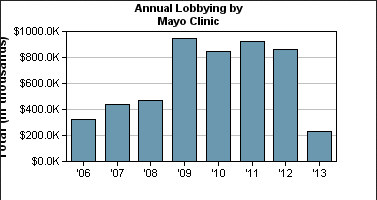Neither Party Wants Immigration Reform that is Good for the Nation
Many people did not like President Obama’s executive order on immigration, but in his speech he stated that if Congress did not like his solution they could pass their own bill and present it to him. The failure of the U.S. Congress to pass an immigration bill reflects a larger problem in the U.S. political system, and that is our current two party system. Political parties, almost by definition, do not serve the nation. Rather, they serve the interests of their financial contributors, who do not contribute for the nation but contribute to get something from the government for themselves. With our current two-party system, no one is minding the store. The U.S. Government can be compared to a Wal-Mart store in which people pay bribes to a security guard get in, but they can walk out with what they want from the shelves without stopping at a cash register. Our elected representatives are those security guards.
The parties have become the factions that so worried the U.S. Founders, particularly James Madison:
By a faction I understand a number of citizens, whether amounting to a majority or a minority of the whole, who are united and actuated by some common impulse of passion, or of interest, adverse to the rights of other citizens, or to the permanent and aggregate interests of the community.—James Madison, Federalist 10






